Highs and lows for Apple in 2011
Another rollercoaster year for Apple, from iPad 2 to Steve Jobs
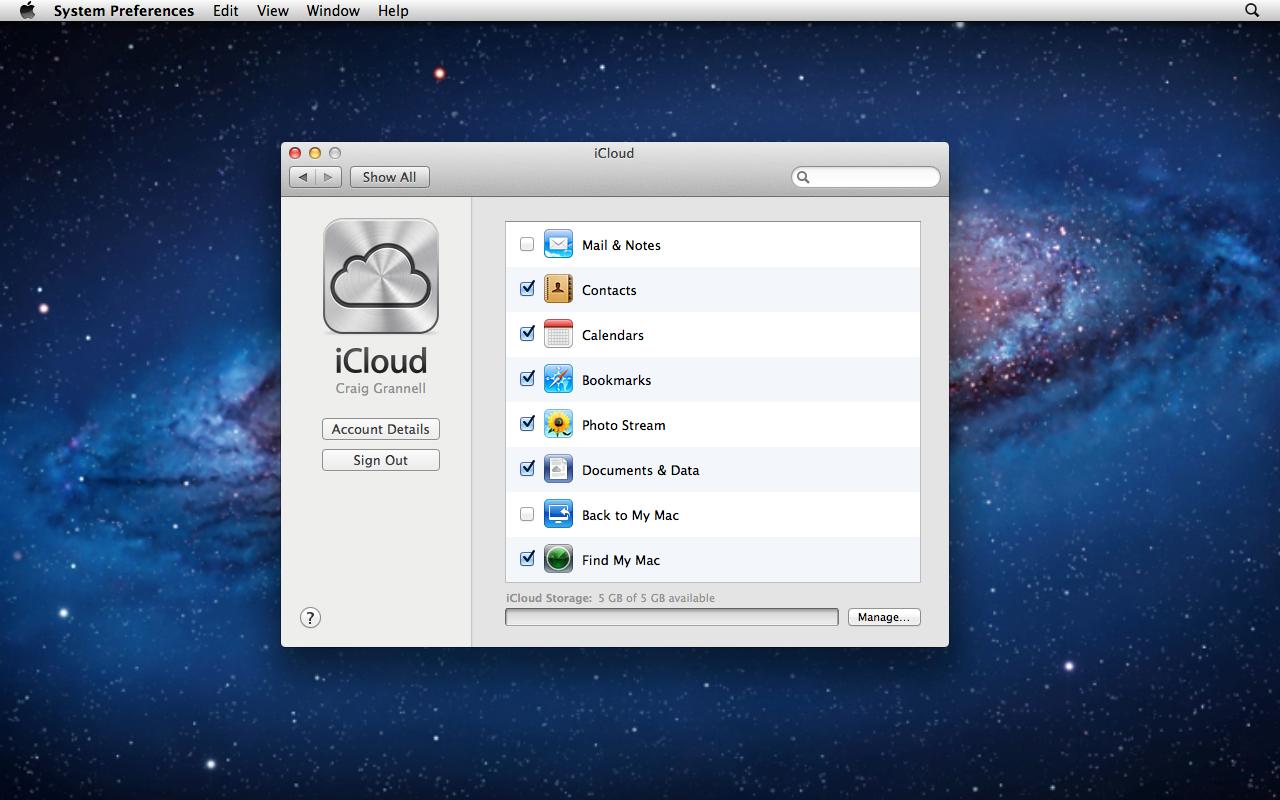
Apple's a company that's expected to come out with the next big thing—every month. While that certainly didn't happen in 2011, Cupertino nonetheless gave us lovely new toys.
However, everything wasn't always rosy.
The company was mired in lawsuits, worried developers and high-end users with its gradual drift away from the pro space, and had to face up to a future without its charismatic and visionary founder Steve Jobs, who sadly passed away in October.
Join us for TechRadar's Apple highs and lows from the past twelve months, and let us know in the comments if there's anything you think we missed.
Apple's highs of 2011
1. iPad 2
Thinner, lighter, and officially 32 per cent lovelier, the iPad 2 took Apple's original tablet and ran with it. Some argued it didn't go far enough—the camera is rubbish for stills (because who can think of anything better than using a ten-inch tablet for quick snaps?) and the screen isn't a Retina display (because Apple doesn't have a time machine), but we loved it. Judging by the sales figures, so did lots of other people—and Apple's bank account.
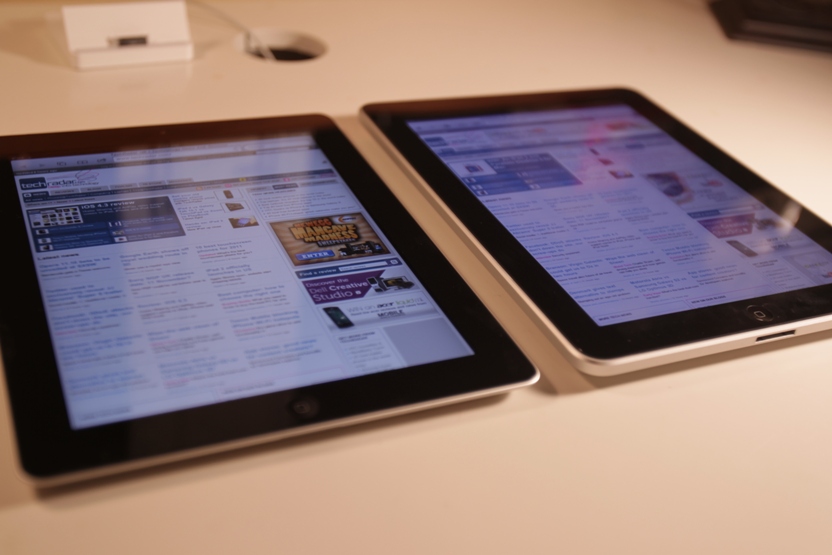
2. iPhone 4S
Get daily insight, inspiration and deals in your inbox
Sign up for breaking news, reviews, opinion, top tech deals, and more.
Apple announced in October that the iPhone 5 didn't exist. The horror! It instead released the iPhone 4S, which was a total disaster—if you were a pundit who oddly believed that a number matters. Again, we think it's a great device and a worthy upgrade. The market agreed: iPhone 4S sales were more than double those of the iPhone 4 during the first three days.
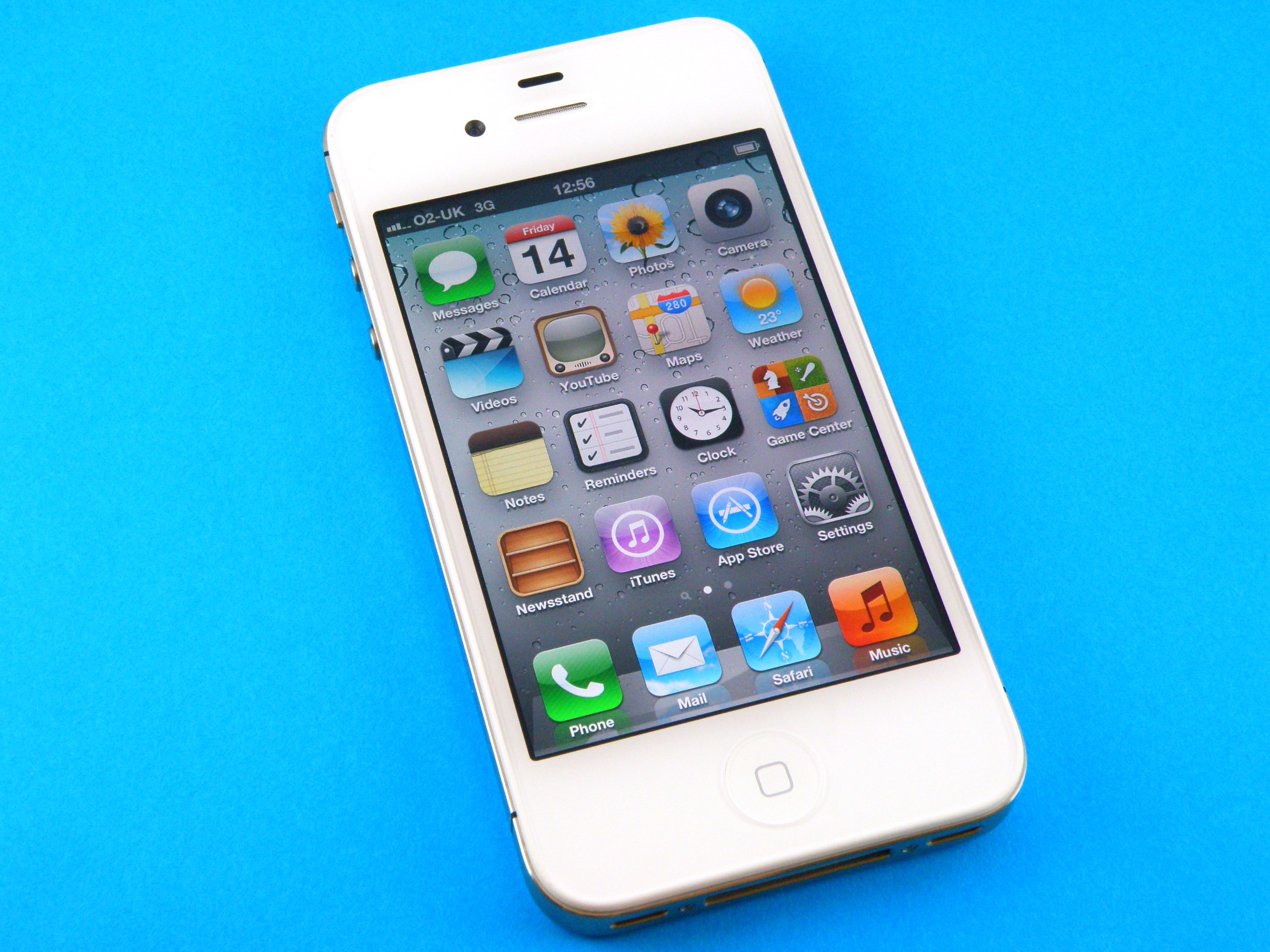
3. Mobile Flash axed
Back in April 2010, Steve Jobs penned an open letter on the mobile version of Flash, stating Apple's reasoning in omitting the plug-in from iOS. This sparked a spat between Adobe and Apple, with the former arguing Apple's decision had more to do with Jobs's ego than technical considerations. Fast-forward to November 2011 and Adobe cans Flash for mobile, which we're sure Cupertino wryly considers a minor high.
4. Handheld gaming
We wonder if Apple's nonplussed about its success in handheld gaming. Beyond Woz's infatuation with Breakout, which drove the design of the Apple II, Apple's never really got videogames. And yet it's now more than ever wrenching market-share from Nintendo and Sony. According to Flurry, iOS and Android US gaming revenue outstripped Sony and Nintendo for the first time in 2011, and Nintendo has reported rare losses, in part through disappointing 3DS sales.

5. OS X Lion
In October 2010, Apple's Back to the Mac event previewed OS X Lion, and the system arrived in July 2011. Although aspects of the interface have been divisive, OS X Lion sold over a million copies on day one, and those regularly using it cite full-screen apps, Mission Control, auto-save/resume, versioning and the revamped Mail as being boons for productivity.
6. The promise of Siri
With people often writing about what Siri can't do and even accusing it of being anti-abortion, you might be forgiven for considering the tech an Apple low (indeed, we aren't that impressed with it for its UK failings). But we think it represents the start of something great—a point we'll look back on as the beginning of an interface revolution, much like Apple's first mouse or touchscreen product.
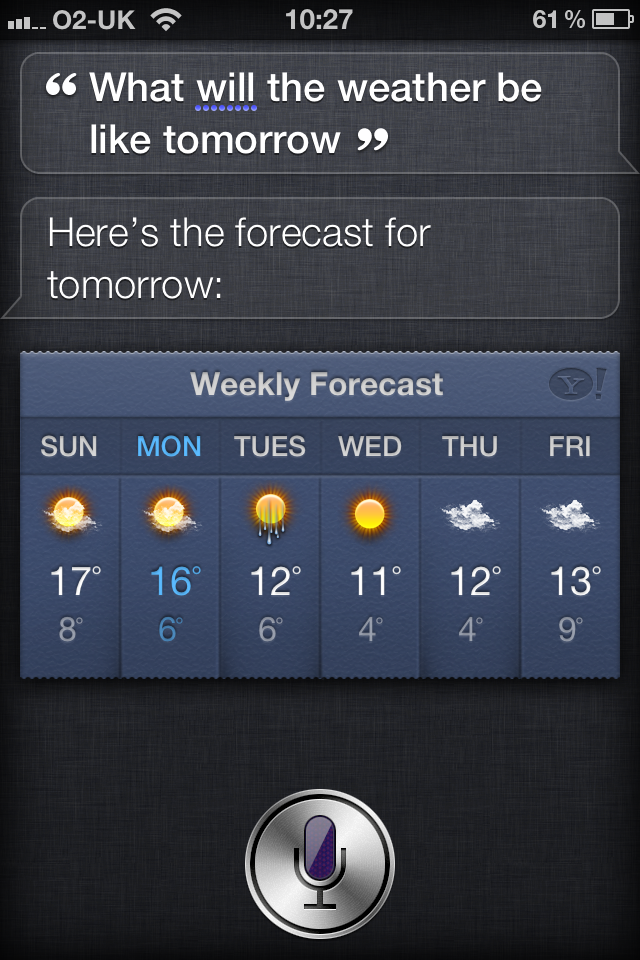
7. iOS breaks free
As of iOS 5, the iPad, iPhone and iPod touch can happily update over the air, and you can also back-up app data to the cloud, along with downloading copies of apps you've previously purchased. This is the first real step in divorcing iOS from the desktop and making Apple's devices independent units in their own right, rather than pseudo-peripherals. With iOS bringing in the bulk of Apple's income these days, that devices no longer need to be tethered to the past has to be a high.
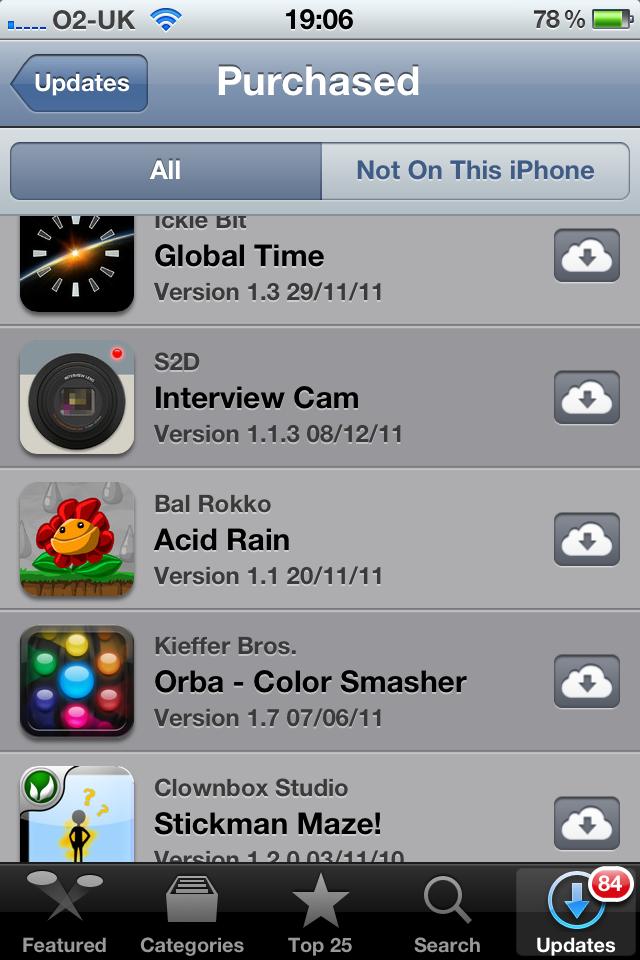
8. Apple rules the world
For a brief period, Apple was the most valuable company on the planet, overtaking Exxon Mobil. Although this was a short-lived lead, Apple's market-capitalisation has continued to grow, its share price largely untouched by the death of Steve Jobs, and going positively nuts during the release of the iPhone 4S.
9. Verizon iPhone
In a sense, Verizon getting the iPhone is a symbol of how the device is increasingly being opened up to multiple carriers. In the US, it's arguable the iPhone's success was eventually stemmed by the AT&T exclusivity deal, but that all changed in January, and the new iPhone 4S is defined by Apple as a 'world phone', negating the need for separate GSM and CDMA models.
10. Ongoing tablet dominance
Are Android tablets actually selling? This is the question TechRadar asked more than once this year, and the answer was: not really. The iPad is still hugely dominant in the space, and analysts don't expect this to change as we head into 2012.
Apple's lows of 2011
1. Steve Jobs passes away
We're not concerned about Apple's ability to survive without its founder. It's pretty clear Steve Jobs surrounded himself with great minds and turned Apple into a company-sized version of himself. But that doesn't mean Jobs no longer being around isn't a big loss. He had vision, taste and an understanding of consumer electronics beyond his contemporaries, and we will miss his entertaining keynote presentations.
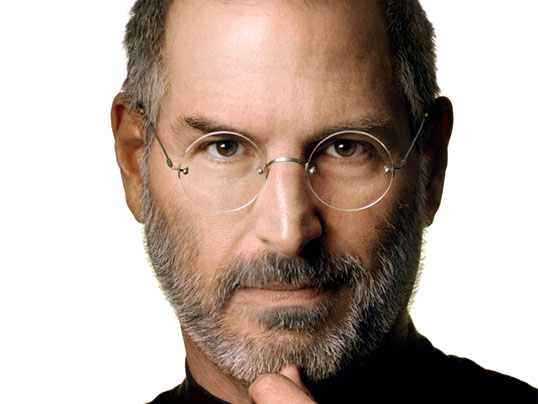
2. Overly aggressive updates
Apple is a company that lives at the cutting edge and has little time for its past. Where it's going is interesting—not where it's been. But in 2011, Apple had a tendency to be a little too aggressive with updates, resulting in users feeling 'forced' to upgrade. iCloud demanded OS X Lion, effectively mothballing the two-year-old Snow Leopard. And when iOS iWork updates appeared in iTunes, enabling the apps to work with the iPhone and iPod touch, they required iOS 5, rendering the apps useless to anyone who had not—or could not—upgrade.
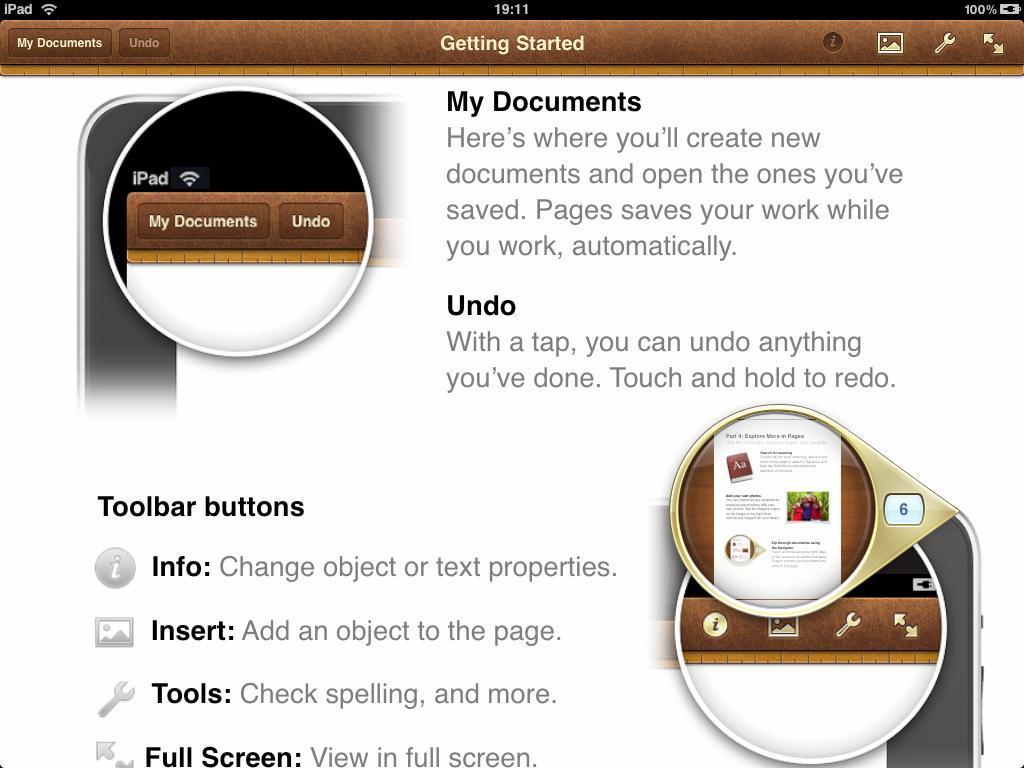
3. Clone wars
Apple's not against being inspired and influenced by other companies, but the path it takes is usually one of refinement. It rarely invents something new, instead reworking an existing concept and showing how it should have been done. But 2011 saw a new low in other companies using Apple output as a blueprint rather than a springboard. The result: myriad pieces of copycat kit and bitter lawsuits, the nadir of which was Samsung trying to convince courts that an Apple patent was void because 2001: A Space Odyssey includes a device that somewhat resembles an iPad.
4. Server meltdowns
Apple users are rather enthusiastic. This is great for sales, but not when a new, hefty iOS release arrives alongside chunky Mac-based software updates. Cue: lots of people finding iOS devices failing on upgrading to iOS 5, because Apple's servers were melting. PlusNet said the spike—UK traffic was up by a fifth—was akin to a major sporting event.
5. iCloud wobbles
The cloud is something that Apple's never entirely got, and while iCloud isn't quite the mess MobileMe was, it's had plenty of glitches. Users have watched, aghast, as iCal appointments vanished, or documents reverted to their 'true' version in the cloud. We're not shocked the WSJ reported Apple's recruiting "senior-level executives with backgrounds in Web-based software".
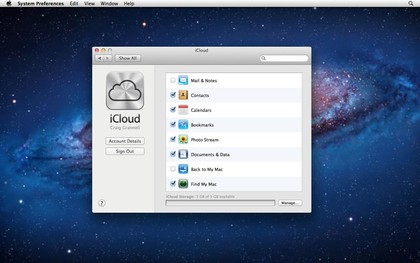
6. Concerns over sandboxing
In November, Apple announced that all apps submitted to the Mac App Store must implement sandboxing. Apple argues limiting the resources apps use protects systems and users; developers such as Wil Shipley say Apple's forcing developers to use the wrong tools to secure the Mac. The result could be dumbed-down apps, according to CNET.
7. Final Cut Pro X
Another software low for Apple was its reimagining of its high-end video software. Although Final Cut Pro was looking a bit long in the tooth, the pro video industry wasn't ready for what Apple replaced it with: a tool seemingly more suited to the semi-pro market. Anyone would think Apple had realised it could sell a multitude more copies at that tier than at a higher level…
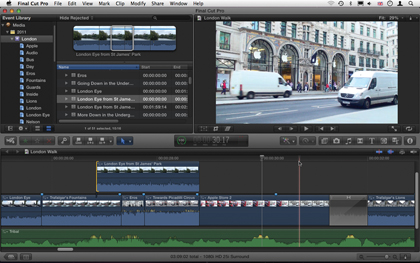
8. Departures
Every company needs new blood, and sensible people realise that not everyone wants to spend their entire life at one company—even if that company is Apple. Nonetheless, it was food for the rumour mill when Ron Johnson (the mastermind behind Apple's retail success) and Bertrand Serlet (who led the OS X team) quit, and they will be tough to replace.
9. More Foxconn troubles
The Taiwanese company responsible for manufacturing many Apple gadgets remained in the news throughout 2011, often for the wrong reasons. An explosion in May killed three and injured more, and there were also reports of suicides and a worker who died of exhaustion. Foxconn is of course a contractor for many companies, but it's in recent years become most heavily linked with Apple in the public's eyes.
10. Location data snafu
For a brief period in April, it was found that your iOS device was tracking your every move. More accurately, it was maintaining a database of local Wi-Fi hot-spots and cell towers, to more accurately define your current location. This is a low not really for what happened (which was barely newsworthy) nor due to Apple's response (which was slow but measured), but mostly because it enabled pundits the world over to add another 'gate' to their dictionaries: 'locationgate'. Argh!